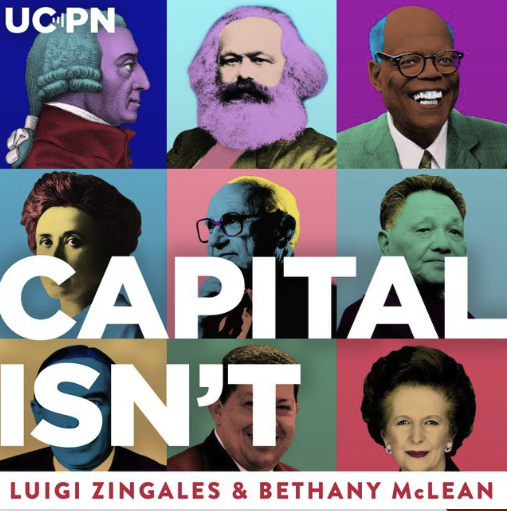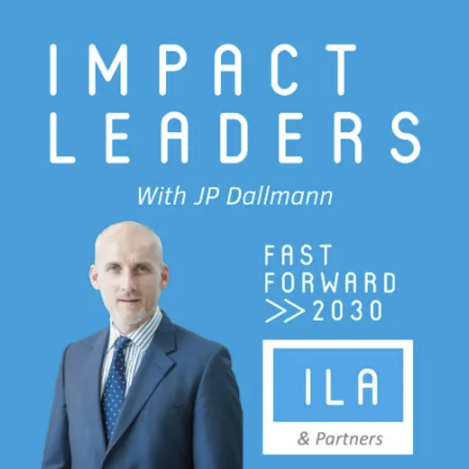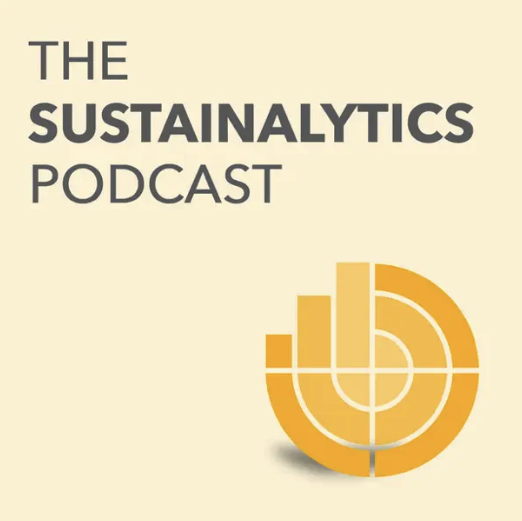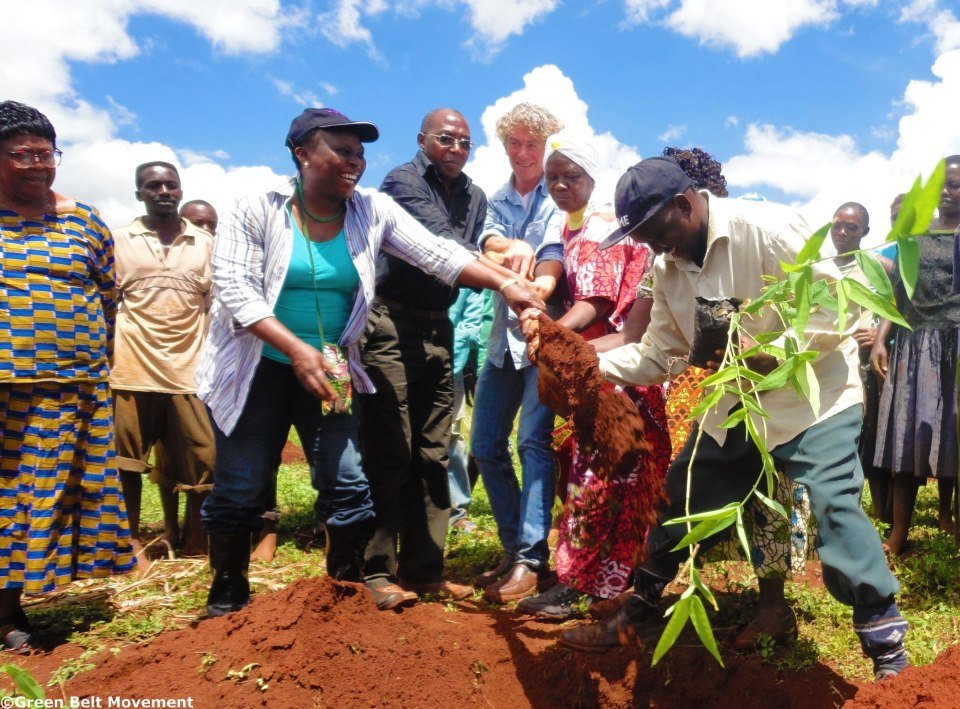
IN AN ERA OF ABUNDANCE, SMALL ALLOCATIONS
CAN MAKE ALL THE DIFFERENCE…
Images: Global Goals | Esther Duflo: Kris Drug | Tokamak : Rswilcox |
— Decarbonization of the global economy by 2050 can only be achieved through economic collapse, unknown technical advances, or some combination.
— Global land degradation costs as much as $11 trillion per year.
— Global population has been rising exponentially - from 1 billion in 1800, to 1.6 billion in 1900, to 6.1 billion in 2000. It is estimated to peak at around 10 billion by 2100.
— Deforestation is now the largest threat to biodiversity, followed by over harvesting and climate change.
— Humans now have 700 times more energy at their direct disposal than they had at the beginning of the 19th century, on average.
— 9.2 billion tons of plastic have been accumulated worldwide since 1950. 24% is still in use, 8% has been recycled. Most of the rest has been discarded in oceans.
— Decarbonization of electrical grids offers the fastest route to reducing emissions.
— Without new sources, Germany will rely on fossil fuels for 70 percent of its energy needs in 2040.
— Increased energy availability explains most of the advances of modern civilization.
— German solar panels produce electricity only about 12 percent of the time. — Nuclear reactors reliably produce electricity 90-95 percent of the time.
— Few offshore wind turbines produce energy more than 45 percent of the time.
— Photovoltaic cells in the sunniest climates produce electricity about 25 percent of the time.
— In 1950, the US produced 53 percent of the world’s oil. Today, the US produces about 18 percent.
— Decarbonization of the global economy by 2050 can only be achieved through economic collapse, unknown technical advances, or some combination. — Global land degradation costs as much as $11 trillion per year. — Global population has been rising exponentially - from 1 billion in 1800, to 1.6 billion in 1900, to 6.1 billion in 2000. It is estimated to peak at around 10 billion by 2100. — Deforestation is now the largest threat to biodiversity, followed by over harvesting and climate change. — Humans now have 700 times more energy at their direct disposal than they had at the beginning of the 19th century, on average. — 9.2 billion tons of plastic have been accumulated worldwide since 1950. 24% is still in use, 8% has been recycled. Most of the rest has been discarded in oceans. — Decarbonization of electrical grids offers the fastest route to reducing emissions. — Without new sources, Germany will rely on fossil fuels for 70 percent of its energy needs in 2040. — Increased energy availability explains most of the advances of modern civilization. — German solar panels produce electricity only about 12 percent of the time. — Nuclear reactors reliably produce electricity 90-95 percent of the time. — Few offshore wind turbines produce energy more than 45 percent of the time. — Photovoltaic cells in the sunniest climates produce electricity about 25 percent of the time. — In 1950, the US produced 53 percent of the world’s oil. Today, the US produces about 18 percent.

Modern capitalism is increasingly criticized for causing global warming and social inequity. In particular, corporations are accused of failing to prioritize the interests of employees, suppliers, communities, and the environment, favoring instead the short-term interests of their shareholders. But modern capitalism also deserves credit for dramatically reducing global poverty and improving many social metrics, like literacy rates, infant mortality, nutrition, and access to health care.
Where investors choose to invest has consequences. In the end, those consequences could be the difference between a vibrant or failed future. 1PointSix aims to rethink processes in their entirety with the goal of promoting more inclusive, sustainable economic growth…
SUSTAINABLE: MOVING BEYOND ESG TO IMPACT INVESTING
is now available for pre-order. Shipping November 4.
What they’re saying about the book…
VIDEOS























Dr. Jordan B. Peterson sits down with investment expert and author Terrence Keeley. They discuss the recent success of the ARC conference, the reality of climate narratives and the ESG mafia, the cost effective solutions to some of our most pressing problems, and the positive side of societal betterment via impact investing.